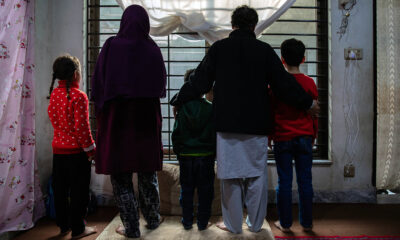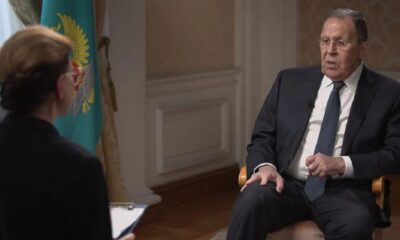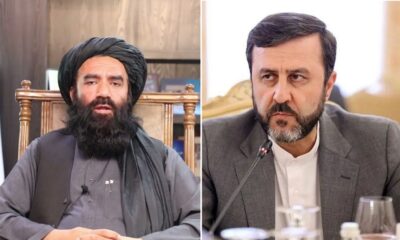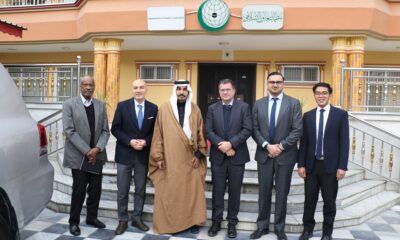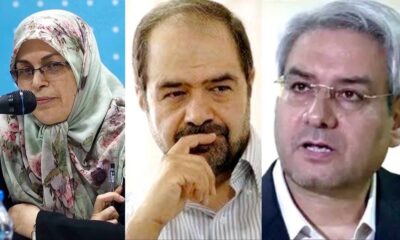Latest News
Afghanistan receives $53 million fund in 2023 for affected communities: OCHA
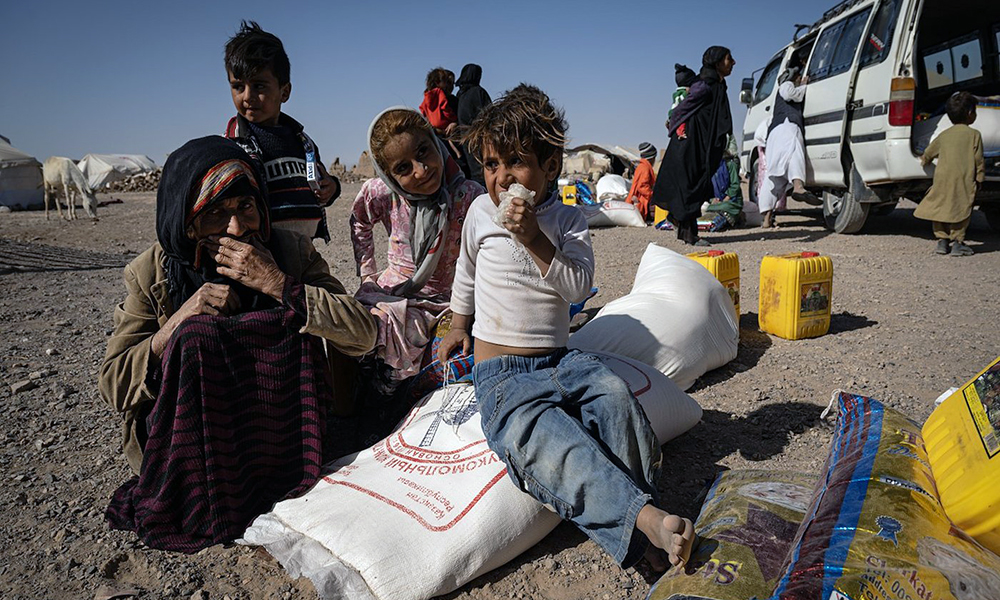
In 2023, Afghanistan received $53 million from the UN’s Central Emergency Response Fund (CERF), making it the second-highest recipient of CERF funding globally, OCHA said in a report.
According to the report, OCHA-managed Pooled Funds, CERF and the Afghanistan Humanitarian Fund (AHF) work in complementarity to maximize effectiveness and strengthen ways to deliver results for affected communities.
In March, amid some of the world’s highest levels of hunger, Afghanistan received $18 million from CERF’s Rapid Response window. At the time, a staggering 17.2 million people in Afghanistan did not know where their next meal would come from. They included 3.8 million people experiencing emergency levels of food insecurity, read the report.
With this funding, almost 390,000 people across Badghis, Daikundi, Ghor and Uruzgan provinces received in-kind and cash assistance to meet their immediate food needs and emergency resilience and livelihoods support. This helped families meet the required intake of 2,100 kilocalories per person per day, preventing a worsening of food security and malnutrition, the report added.
Since the CERF funding was disbursed, the food security outlook in Afghanistan has slightly improved; the number of people projected to experience acute hunger between November 2023 and March 2024 is down from an estimated 18.3 million to 15.8 million. The number of people enduring emergency levels of food insecurity also decreased, from 5.1 million to 3.5 million, according to the report.
In parallel with the CERF allocation, the AHF released $12.9 million to empower and build national NGOs’ capacity to deliver assistance. This makes the AHF the first Country-Based Pooled Fund to initiate an allocation dedicated to localization.
The report stated that in September 2023, with winter rapidly approaching and many programs facing disruption due to severe funding shortages, Afghanistan received a crucial $20 million allocation from CERF’s Underfunded Emergencies window.
It proved life-saving, as it helped Afghan families living in substandard and inadequate shelters, and it mitigated the heightened risks of exposure-related illnesses, including hypothermia and acute respiratory infections.
It also complemented the AHF’s largest allocation in 2023 of $109 million, released in August for multisector activities to prepare for harsh winter weather. The allocation reinforced ongoing efforts to avert the risk of famine during winter and improve people’s food security, thereby preserving the improvements made in hunger and nutrition since August 2021 due to the humanitarian system’s scale-up.
In October, a series of 6.3-magnitude earthquakes struck Herat Province in Afghanistan’s western region, killing several thousand people and injuring scores more.
The earthquakes affected some 275,000 people, with more than 40,000 homes either destroyed and significantly or moderately damaged.
To kick-start initial relief efforts, CERF allocated $5 million through its Rapid Response window. This served as a top-up to a $5 million emergency reserve allocation from the AHF that was released to partners within 24 hours of the first earthquake. This expedited allocation was pivotal in quickly delivering essential humanitarian aid to families who had lost their homes and livelihoods.
These funds enabled humanitarian partners to provide vital assistance. To date, they have reached more than 242,000 people, including 146,700 people with emergency shelter (tents), non-food items (blankets, tarpaulins, kitchen sets), cash assistance, food and nutrition items, drinkable water, protection services and winterization items, such as plastic sheets and warm winter clothes.
Following the Government of Pakistan’s “Illegal Foreigners Deportation Plan” decree, which came into effect on 1 November 2023, the UN in Afghanistan has observed a marked increase in the arrival of Afghans from Pakistan. At one point in early November, the daily influx exceeded 17,000 people, a stark contrast to the previous daily average of 260 people.
More than 80 percent of those returning are women and children.
In response, CERF provided $10 million to improve the response to people arriving at the border, providing registration services, health services, aid distribution, family unification support, child protection, psychosocial support and legal aid. These services are vital, as families endure harrowing and traumatic journeys back to Afghanistan. Many returnees have not lived there for several decades, and they have limited or no familial ties in the areas they’re returning to.
CERF’s Rapid Response and Underfunded Emergencies windows are crucial in providing essential funding to critical operations and life-saving programs across Afghanistan. They contribute to famine prevention, easing additional burdens on women and girls—from mental health risks to gender-based violence—and they support activities such as mine surveillance and clearance, emergency shelter, education and access to clean water. For thousands of families, this support is their only protection from a freezing winter.
So far this year, the Pooled Funds have allocated $188 million (CERF: $53 million; AHF: $135 million) to support and enable time-critical humanitarian action in Afghanistan, including to people affected by natural disasters and sudden-onset crises.
Latest News
Pakistan to repatriate nearly 20,000 Afghans awaiting US resettlement
Authorities will also share verified data of the affected individuals with relevant departments to support implementation.
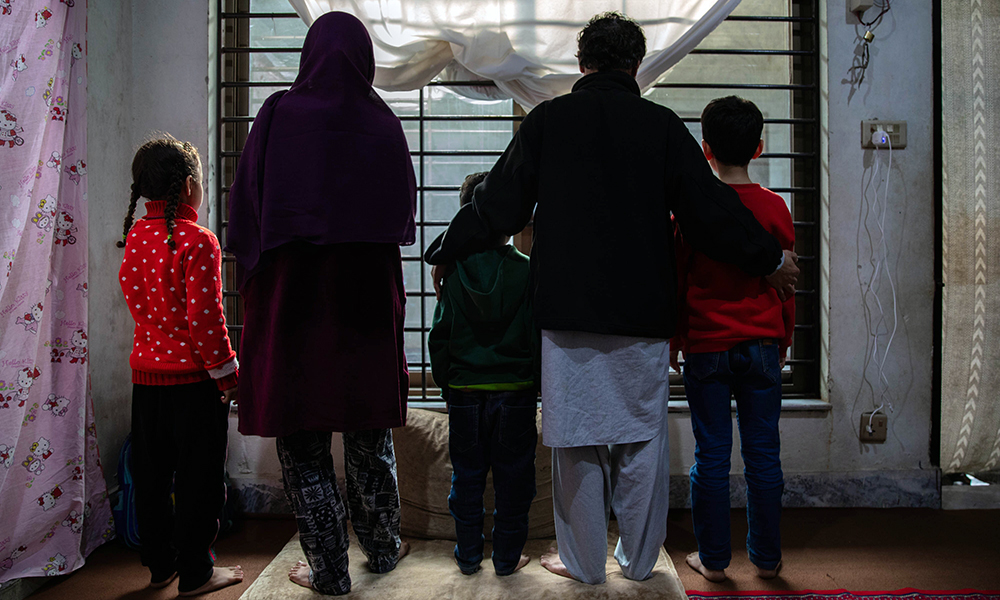
Pakistan will repatriate nearly 20,000 Afghan nationals currently awaiting resettlement in the United States, The Nation reported, citing official sources.
The move affects 19,973 Afghans living across Pakistan.
A federal directive will instruct provincial chief secretaries and police chiefs in Punjab, Sindh, Khyber Pakhtunkhwa, Balochistan, Azad Kashmir, Gilgit-Baltistan, and the Islamabad Capital Territory to begin the repatriation process immediately.
Authorities will also share verified data of the affected individuals with relevant departments to support implementation.
Following the Islamic Emirate’s return to power in 2021, more than 100,000 Afghans fled to Pakistan, many of whom had worked with the US and UK governments, international organizations, or aid agencies.
Thousands have remained stranded in Pakistan for over four years while awaiting US resettlement clearance.
Prospects for relocation have dimmed amid a suspension of case processing by the US administration, according to The Nation.
Under Pakistan’s Illegal Foreigners Repatriation Plan (IFRP), all Afghan nationals still awaiting US relocation will now be returned to Afghanistan.
Latest News
Terrorist activities observed along Afghanistan borders, says Lavrov
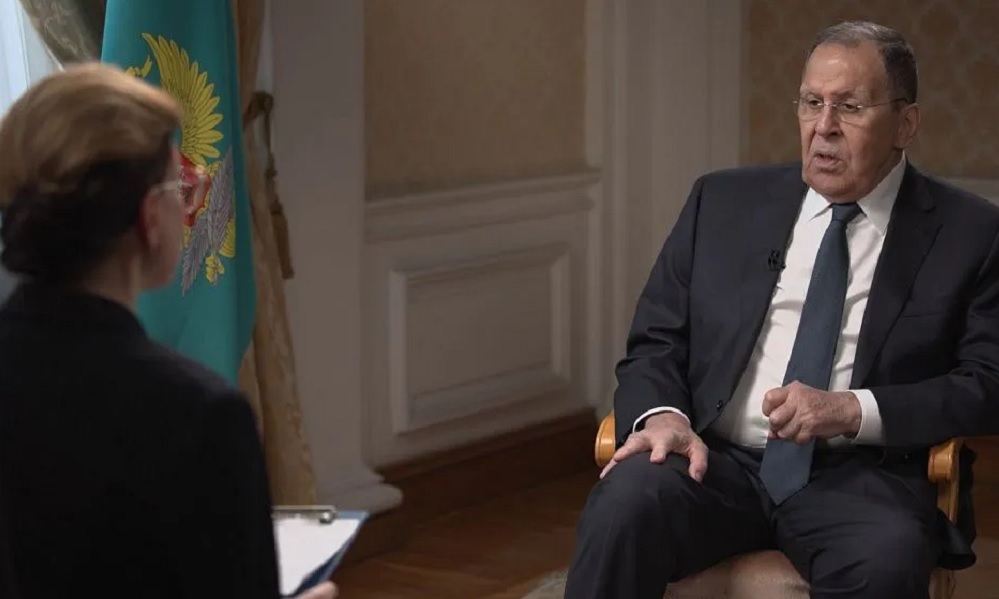
Terrorist activities continue to be observed along Afghanistan borders and along the India–Pakistan–Afghanistan corridor, Russian Foreign Minister Sergei Lavrov said in an interview published on Monday.
Speaking to Russia-based media outlet TV BRICS, Lavrov pointed to ongoing concerns in the Middle East, including its Asian regions.
He highlighted the importance of collaboration with India at the United Nations to advance a global counter-terrorism convention.
Lavrov stated that while the draft convention has already been prepared, consensus on its adoption has not yet been reached.
Russia has repeatedly expressed concern about militant threats from Afghanistan. The Islamic Emirate, however, has dismissed the concerns saying that it will not allow Afghanistan’s soil to be used against any country.
Latest News
Afghan border minister holds phone talks with Iran’s deputy foreign minister
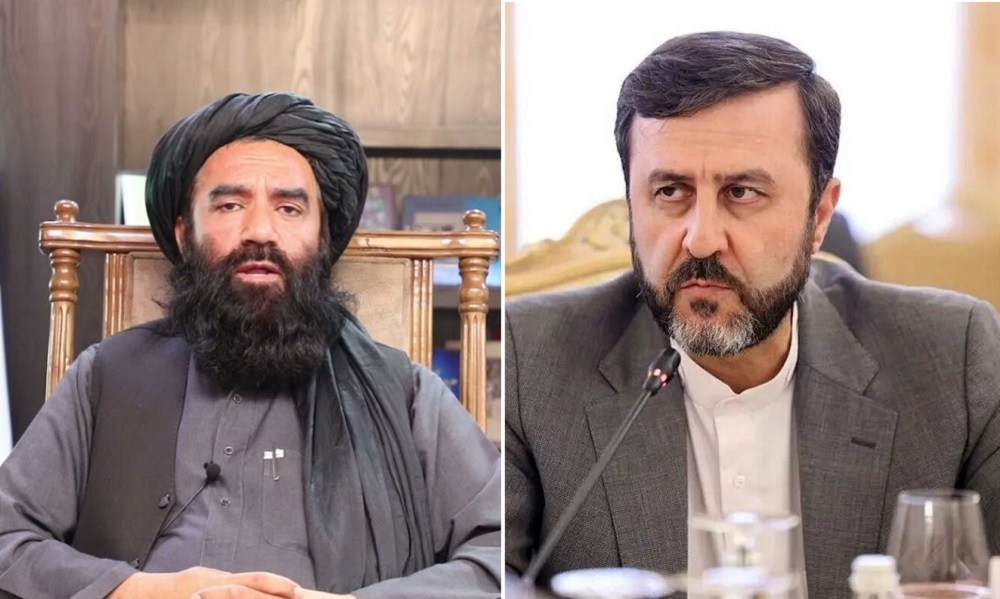
Noorullah Noori, Afghanistan’s Minister of Borders and Tribal Affairs, held a phone conversation with Kazem Gharibabadi, Iran’s Deputy Foreign Minister for Legal and International Affairs, to discuss bilateral border cooperation.
According to the Iranian news agency IRNA, both sides reaffirmed their commitment to strengthening border collaboration, with a particular focus on the ongoing renovation and updating of border markers. They also agreed to accelerate joint technical and legal meetings to enhance coordination.
As part of the agreement, the next meeting of senior border officials from Afghanistan and Iran is scheduled to take place in Iran in 1405 (2026–2027).
-

 Latest News2 days ago
Latest News2 days agoAfghanistan to grant one- to ten-year residency to foreign investors
-

 Latest News5 days ago
Latest News5 days agoTerrorist threat in Afghanistan must be taken seriously, China tells UNSC
-

 Sport4 days ago
Sport4 days agoIndonesia shock Japan to reach historic AFC Futsal Asian Cup final
-

 Sport4 days ago
Sport4 days agoMilano Cortina 2026 Winter Olympics: What You Need to Know
-

 Sport2 days ago
Sport2 days agoIran clinch AFC Futsal Asian Cup 2026 in penalty shootout thriller
-

 Latest News5 days ago
Latest News5 days agoUS Justice Department to seek death penalty for Afghan suspect in National Guard shooting
-

 Latest News3 days ago
Latest News3 days agoAfghanistan says Pakistan is shifting blame for its own security failures
-
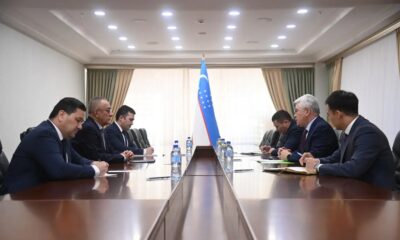
 Latest News4 days ago
Latest News4 days agoUzbekistan, Kazakhstan discuss cooperation on Afghanistan


